Exoplanets
Latest about Exoplanets
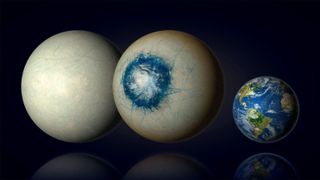
James Webb Space Telescope suggests this exoplanet is our 'best bet' at finding an alien ocean
By Monisha Ravisetti published
James Webb Space Telescope data suggests the exoplanet LHS 1140 b is a water world in its star's habitable zone that sports a lovely, temperate ocean.

Extreme 'hot Jupiter' exoplanet stinks like rotten eggs and has raging glass storms
By Robert Lea published
As if deadly rains of glass, temperatures hot enough to melt lead, and sidewise 5,000 mph winds weren't unfriendly enough, the JWST has found a Jupiter-sized exoplanet also stinks of rotten eggs.
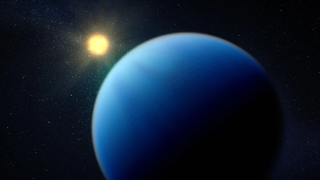
Why puffy exoplanets often dance with perfect rhythm
By Robert Lea published
New research has identified two distinct populations of puffy, sub-Neptune exoplanets with low densities, allowing them to stay in step with their planetary siblings.
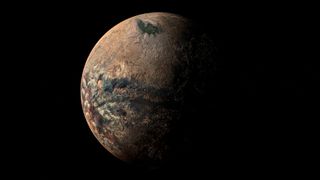
Do other planets have plate tectonics?
By Conor Feehly published
Space mysteries Earth's surface is broken up into large plates that rub against each other, causing earthquakes, volcanoes and large mountain ranges. But how unique is our planet's geology?
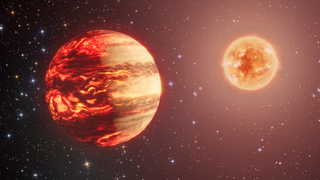
Gaia space telescope helps astronomers image hidden objects around bright stars
By Robert Lea published
The Gaia space telescope has spotted the dim companions of eight bright stars, suggesting we can expect new glimpses of distant planets.
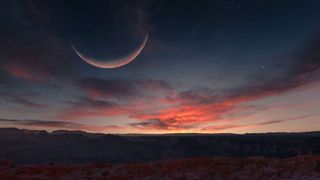
Why smaller planets are better at building large moons
By Keith Cooper published
The energy of moon-forming can have a big say in whether large or doomed smaller moons are built.
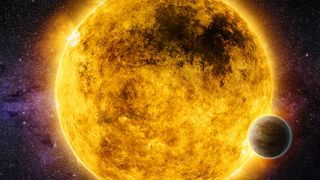
Could nearby stars have habitable exoplanets? NASA's Chandra X-ray Observatory hopes to find out
By Stefanie Waldek published
Astronomers are using the Chandra X-ray Observatory to study stars' radiation and establish the feasibility of exoplanet habitability.
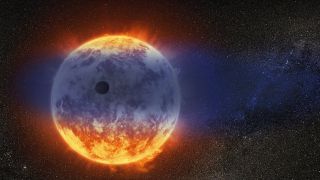
Scientists find a surprise ingredient in exoplanet cake mix — sulfur dioxide
By Keith Cooper published
The presence of sulfur dioxide around a hot Neptune exoplanet with an evaporating atmosphere could help us understand how it formed.
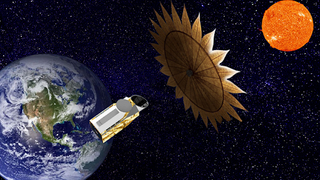
NASA funds tech development for life-hunting Habitable Worlds Observatory
By Conor Feehly published
NASA recently selected three proposals that will help develop the tech needed by its proposed life-hunting Habitable Worlds Observatory space telescope.
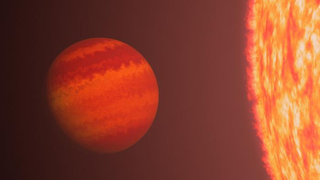
NASA exoplanet hunter finds 'weird' world surviving a star's relentless bombardment — it's named Phoenix
By Robert Lea published
NASA's TESS exoplanet hunter has discovered a weird world called Phoenix that has managed to hold on to its atmosphere despite being relentlessly bombarded with radiation from its red giant star.
Get the Space.com Newsletter
Breaking space news, the latest updates on rocket launches, skywatching events and more!
